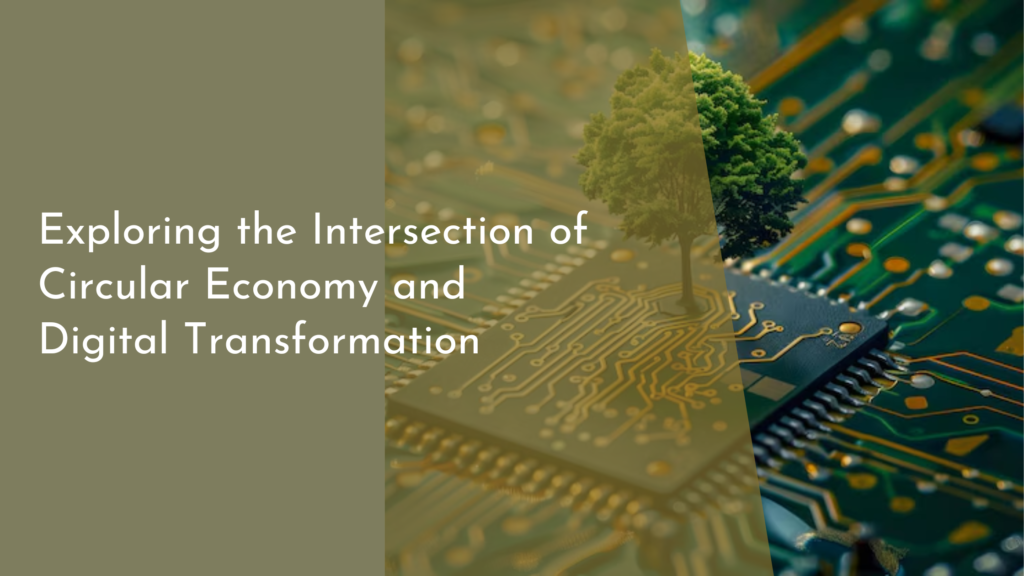Role of NGOs in Urban Sustainability Projects
In recent years, urban areas have faced increasing challenges related to sustainability, including pollution, waste management, and climate change. Non-Governmental Organizations (NGOs) have emerged as vital players in addressing these issues, championing initiatives that empower communities and foster collaboration among stakeholders. Their innovative approaches not only aim to make cities greener but also engage citizens in meaningful ways. This article explores the critical role NGOs play in urban sustainability projects and highlights their successes in inspiring change.
Empowering Communities: NGOs Leading Urban Sustainability
NGOs are pivotal in empowering communities to take ownership of sustainability initiatives. By providing education, resources, and support, these organizations help residents understand the environmental impact of their actions and encourage them to adopt more sustainable practices. Workshops, community gardening programs, and awareness campaigns are just a few examples of how NGOs foster a sense of responsibility and engagement among urban dwellers. This grassroots approach allows communities to tailor solutions that resonate with their specific needs and cultural contexts, leading to more effective and lasting change.
Moreover, NGOs often serve as facilitators of dialogue between community members and local authorities, ensuring that the voices of residents are heard in decision-making processes. By advocating for policies that promote sustainability, these organizations help to create an inclusive environment where citizens can actively participate in shaping their urban landscape. This empowerment is crucial for building resilience within communities, as it encourages collective action and fosters a sense of belonging and purpose.
Innovative Initiatives: NGOs Making a Green Impact
The innovative initiatives spearheaded by NGOs are transforming urban landscapes and contributing significantly to sustainability. Many organizations focus on renewable energy projects, such as installing solar panels in low-income neighborhoods or promoting energy-efficient building practices. These initiatives not only reduce greenhouse gas emissions but also lower energy costs for residents, making sustainability more accessible and appealing. Additionally, some NGOs are developing urban agriculture projects that utilize vacant lots for food production, thereby enhancing food security while also greening the city.
NGOs are also at the forefront of waste management initiatives, implementing recycling programs and advocating for reduced plastic use. By educating communities on the importance of waste segregation and providing convenient recycling options, these organizations help to minimize landfill waste and promote a circular economy. Their creative approaches, such as art installations made from recycled materials, not only beautify urban spaces but also serve as powerful reminders of the importance of environmental stewardship.
Collaboration in Action: Partnerships for a Better City
One of the strengths of NGOs in urban sustainability projects is their ability to forge meaningful partnerships with various stakeholders, including local governments, businesses, and other civil society organizations. Through collaboration, NGOs can leverage resources and expertise to maximize their impact. Joint initiatives often lead to innovative solutions that address complex urban challenges, such as integrated waste management systems or green public transportation options. This collaborative spirit enhances the effectiveness and sustainability of projects, ultimately benefiting the entire community.
Furthermore, partnerships with local businesses often provide NGOs with financial support and in-kind donations, enabling them to expand their reach and offer more comprehensive services. For example, businesses may sponsor community clean-up events or provide materials for urban greening projects. These collaborations not only foster a sense of corporate social responsibility but also encourage businesses to adopt sustainable practices within their operations. As a result, the collective efforts create a shared vision for a more sustainable urban future.
Inspiring Change: Success Stories from Urban NGOs
Several inspiring success stories illustrate the transformative impact of NGOs on urban sustainability. For instance, a grassroots organization in a major city developed a successful urban farming initiative that transformed underutilized spaces into productive gardens. This project not only provided fresh produce to local residents but also served as an educational hub, teaching community members about sustainable agriculture practices. The initiative not only improved food access but also fostered community spirit and resilience, demonstrating how a small idea can have far-reaching effects.
Another success story comes from an NGO that focused on combating air pollution through tree-planting campaigns. By engaging local schools and community groups, the organization mobilized hundreds of volunteers to plant trees in urban areas, significantly improving air quality in those neighborhoods. This project not only beautified the city but also educated participants about the importance of green spaces in urban environments. As residents witnessed the tangible benefits of their efforts, they became more invested in ongoing sustainability initiatives, creating a cycle of positive change that continues to inspire others.
The role of NGOs in urban sustainability projects cannot be overstated. Through empowering communities, implementing innovative initiatives, fostering collaboration, and inspiring change, these organizations are paving the way for greener, more sustainable cities. As cities continue to grow and face environmental challenges, the work of NGOs will be crucial in building resilient communities that prioritize sustainability and environmental stewardship. Their efforts remind us that by working together, we can create urban spaces that are not only livable but also thriving ecosystems for future generations.

